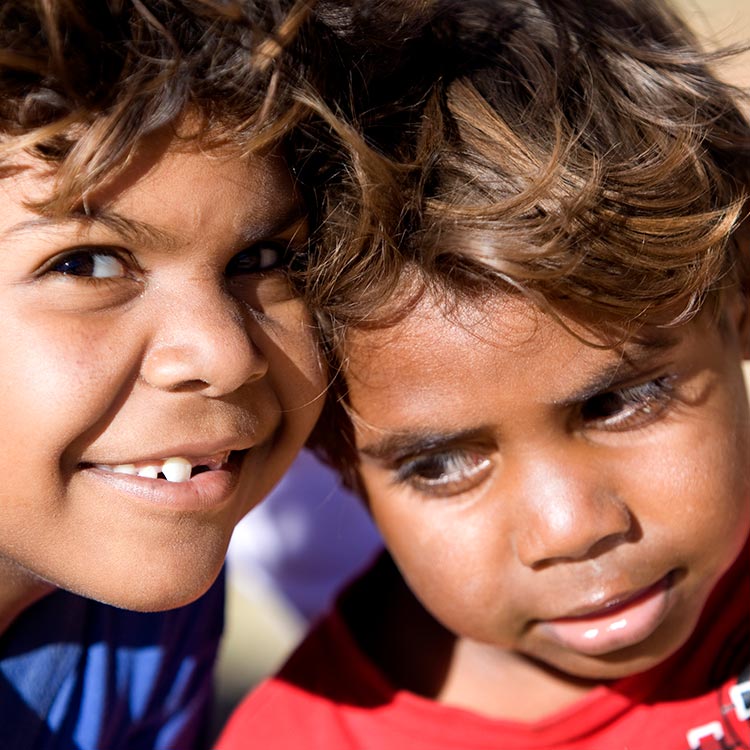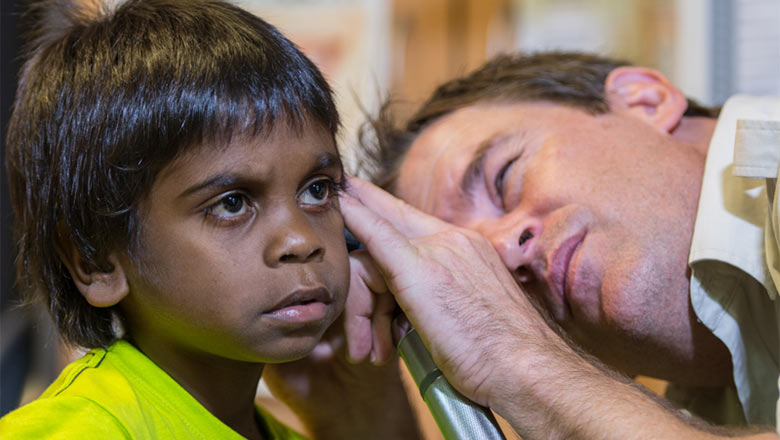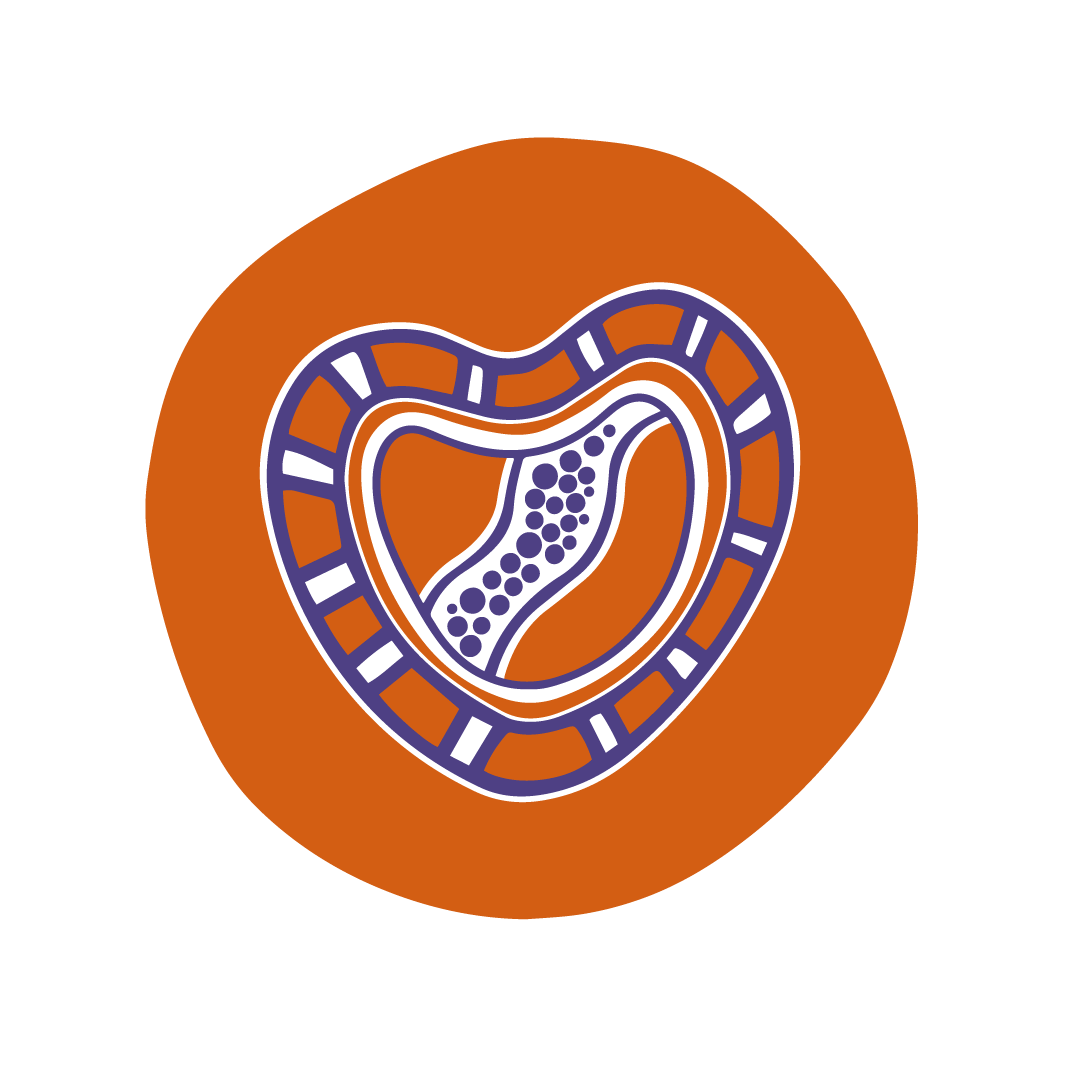Search
Showing results for "Au"

News & Events
Researchers identify immune cell that puts cancer to sleepA team of Australian scientists including cancer researchers from The Kids Research Institute Australia have made a crucial breakthrough in understanding how the immune system puts cancer to sleep.

News & Events
Co-ordinated approach urgently required to slow progression of antibiotic resistanceAboriginal mum and child
News & Events
New screening tool for FASD and ADHD in childrenThe Kids is trialling a new tool for earlier and easier screening of FASD and ADHD in children, using cutting-edge eye-tracking technology developed by the Kids Brain Health Network in Canada.

News & Events
InFocus Interview: Kirsten Hancock on multigenerational disadvantage in AustraliaAn InFocus Research Interview with Kirsten Hancock of the Human Capability Team at The Kids Research Institute Australia on multigenerational disadvantage in Australia.

News & Events
The Kids Research Institute Australia researcher awarded prestigious Eureka awardProfessor Andrew Whitehouse awarded the most prestigious award in the country for young researchers – the 3M Eureka Prize for Emerging Leader in Science.

News & Events
Rheumatic heart disease remains a major killer in Oceania regionA new study shows that people living in the Oceania region, including Australia, have the highest risk in the world of dying from rheumatic heart disease.

News & Events
Novel CoLab seeks to narrow the early childhood gapA new partnership between The Kids and the Minderoo Foundation is trying to change the ways Government and communities address disadvantage and neglect.

News & Events
National FASD diagnostic tool to improve outcomes for kidsAustralia's first national diagnostic tool for Fetal Alcohol Spectrum Disorder (FASD) has been developed by researchers at The Kids Research Institute Australia and the U

News & Events
New coalition to end rheumatic heart disease once and for allSix leading health organisations have joined a new coalition to end rheumatic heart disease in Australia, disproportionately affecting Indigenous Australians.
News & Events
Building links for better researchWA's reputation as a research pioneer will be centre stage this week with a global gathering of health industry experts who share a passion for data
